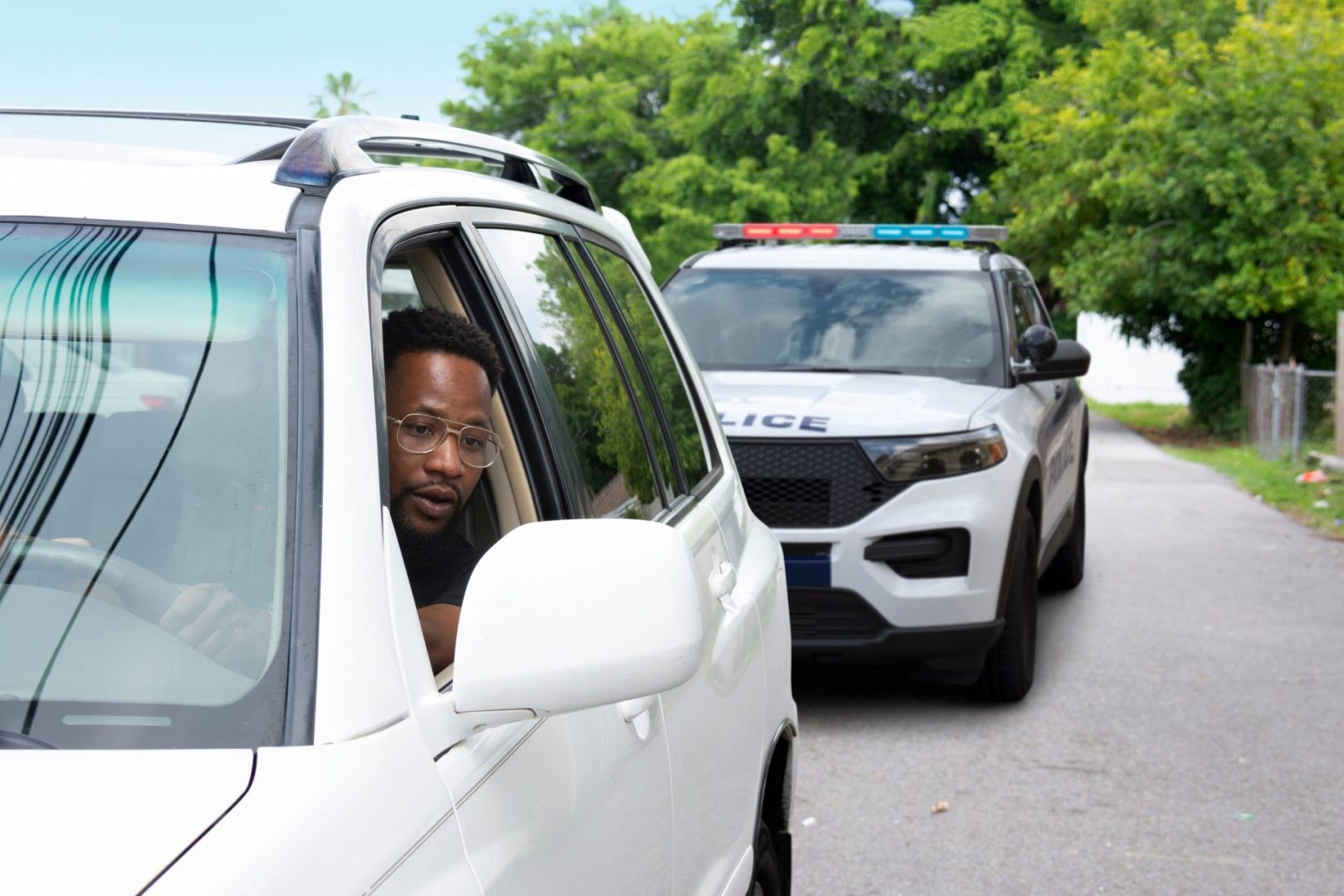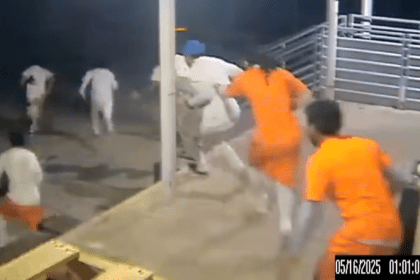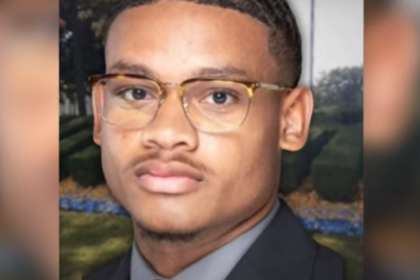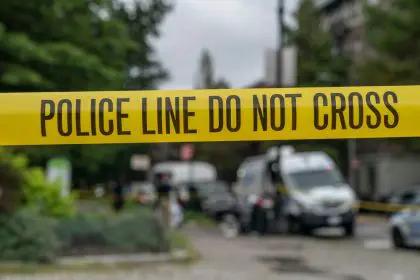In recent years, incidents of police violence against Black individuals have sparked widespread outrage and calls for justice across the United States. These events have highlighted systemic issues within law enforcement and the urgent need for reform. One particularly alarming incident involved a deaf Black man in Phoenix, Arizona, who was punched and tased by police officers. This incident, along with many others, underscores the ongoing struggle for justice and accountability in policing.
The incident in Phoenix
In Oct. 2024, a video surfaced showing Phoenix police officers using excessive force against a deaf Black man. The footage revealed officers punching the man and deploying a taser, raising serious questions about the appropriateness of their actions. This incident has reignited discussions about the treatment of individuals with disabilities by law enforcement, particularly within communities of color.
Systemic issues in policing
The incident in Phoenix is not an isolated case. Across the nation, numerous reports have documented instances of police violence against Black individuals, often exacerbated by racial bias and a lack of proper training. The use of force by police has been a contentious issue, with many advocating for reforms that prioritize de-escalation tactics and community engagement.
Statistics on police violence
According to the Mapping Police Violence project, Black individuals are three times more likely to be killed by police than white individuals. In 2021 alone, over 1,000 people were killed by police in the United States, with Black individuals disproportionately represented in these statistics. Studies have shown that police officers often lack adequate training in handling situations involving mental health crises or disabilities.
Calls for accountability
In light of these alarming trends, activists and community leaders are calling for greater accountability within law enforcement agencies. This includes demands for body cameras, independent investigations of police misconduct and the implementation of community oversight boards. The goal is to create a system where police officers are held accountable for their actions, particularly in cases involving excessive force.
Community response and activism
The response to police violence has been met with significant activism and community organizing. Grassroots movements have emerged, advocating for policy changes and raising awareness about the injustices faced by Black individuals at the hands of law enforcement. Protests, social media campaigns and community forums have become vital platforms for voicing concerns and pushing for change.
The Black Lives Matter movement has been instrumental in bringing attention to police violence and advocating for systemic reforms. Local organizations have formed coalitions to support victims of police violence and their families, providing resources and legal assistance. Community-led initiatives are focusing on educating the public about their rights and how to respond during encounters with law enforcement.
The path forward
While the fight against police violence is ongoing, there is hope for change. Increased public awareness and activism are crucial in holding law enforcement accountable and pushing for necessary reforms. It is essential for communities to continue advocating for justice and to support policies that promote equitable treatment for all individuals, regardless of race or ability.
The recent incident involving the deaf Black man in Phoenix is a stark reminder of the challenges faced by marginalized communities in their interactions with law enforcement. As we move forward, it is imperative to address these systemic issues and work towards a future where all individuals are treated with dignity and respect. The fight for justice is far from over, but together, we can create a more equitable society.
This ongoing struggle highlights the need for comprehensive police reform, including improved training on implicit bias, de-escalation techniques and interactions with individuals with disabilities. It also underscores the importance of diversifying police forces to better reflect the communities they serve.
Moreover, addressing police violence requires a multi-faceted approach that goes beyond law enforcement reform. This includes addressing systemic racism in education, healthcare, housing and employment, which contribute to the disparities that often lead to negative interactions between police and Black communities.
As we continue to witness and respond to incidents of police violence, it’s crucial to amplify the voices of those directly affected and to support community-led solutions. By working together, we can strive for a future where justice and equality are not just ideals, but realities for all members of our society.
















